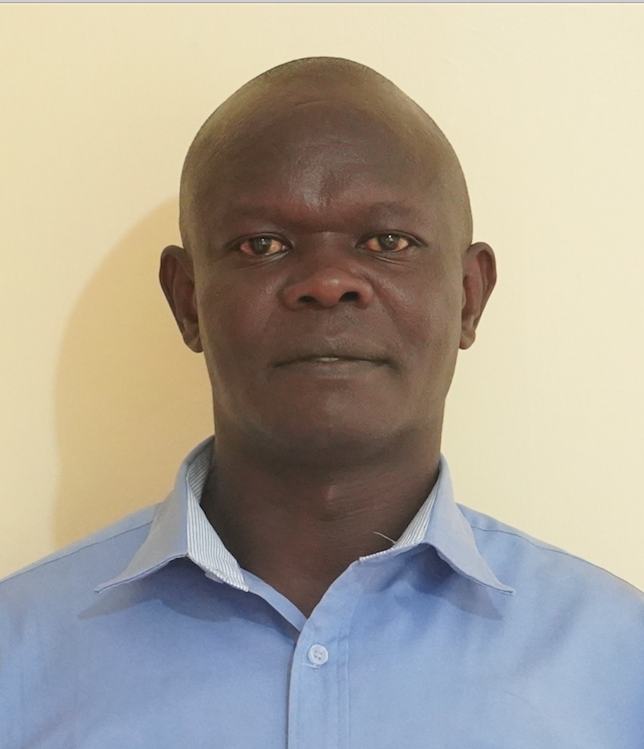
*Linet* dropped out of primary school prematurely. She had not even joined the upper primary school level back then.
She ended up being married at a tender age, a decision that indefinitely robbed her of her childhood.
A few years later, her younger sister *Jane* followed in her footsteps, upon becoming pregnant soon after joining Form One.
Her parents had met their obligation of paying the requisite school fees for the entire year at a public day secondary school back in the village.
So when Jane conceived before the end of that year, her distraught parents were disappointed beyond measure.
Their immediate response was to withdraw all financial support for her schooling and vowed never to educate any of her two younger sisters.
One would easily be
tempted to understand their plight, considering that Jane was not their first
daughter to get pregnant.
*Linet* and her sister *Jane’s* experiences illustrate a concerning trend where young girls face multiple threats.
In the Eastern and Southern Africa region, adolescent girls are being disproportionately held back by the three interconnected threats of teenage pregnancies, GBV and HIV/AIDS, according to UNICEF.
The region has some of the world’s highest rates of adolescent pregnancy, with 20 per cent of babies born to mothers below age 20.
For Linet and Jane, their premature marriages not
only robbed them of their educational opportunities but also limited their
personal development and economic prospects, exposing them to cyclic poverty.
While girls have the same dreams as boys, too often they are treated with disdain once they conceive, thereby perpetuating societal stigma that permeates across our social-cultural and religious fabrics.
I am a witness
to a situation where a pastor, preaching in an annual church crusade in my
rural village, openly castigated girls who got pregnant while still living with
their parents. He wondered why such girls should be allowed to continue pursuing their education, “when they’ve chosen to be ‘women’
already.” This discrimination and stigma
align with what Girls’ Not Brides refers to as a lack of a support system for
school re-enrolment.
In a world that is gradually progressing towards gender equality, the need for UNiTE to End Violence Against Women and Girls remains paramount.
With the just concluded 16-day
campaign against gender-based violence, appreciating
these challenges is a crucial first step in offering relevant support to vulnerable women and girls in
our lives.
While policies and legal frameworks provide a crucial foundation, the
safety and wellness of girls require fostering a family-centric approach to
helping create a conducive environment for the protection and empowerment of
girls.
Parents are a fundamental pillar in
nurturing, empowering, and safeguarding girls from various threats,
especially during this festive season. As the child’s first teachers and
advocates, their intentional efforts can significantly shape a girl’s
self-confidence and overall well-being.
Behavioural challenges are bound to happen this festive season, some not so exciting. However, our involvement in prioritizing our daughters' education is paramount, even when they fall short of expectations. By taking steps to educate girls around us on their sexual and reproductive health and rights, we'll protect them from abuse and connect them with education and health services.
This way, we’ll empower
them to make critical decisions about their well-being and help them overcome
all forms of societal stigma.
This is a sure bet in enabling families, and indeed
societies to create empowered generations of girls who can confront challenges confidently.
Allowing girls to return to school and keeping them there
longer will equip them with the right tools to make informed
decisions, thereby improving their well-being and future prospects.
It is at home that our daughters and sisters must not only feel protected but also experience real safety. It is therefore imperative that we maintain open lines of communication to allow them to express their concerns and aspirations with confidence.
We must encourage open dialogue about their
feelings, experiences and challenges, and how to navigate peer pressure,
especially concerning early relationships, and life choices.
Further, they have no better
role models than us. Our actions and behaviours must reflect values that positively impact their views on
education and personal goals, and inspire them to pursue their ambitions.
Linet and Jane’s experiences thus highlight the urgent need for our collective support in protecting girls against triple threats.
Beyond being our moral obligation; it is a catalyst for community development, economic growth, and social progress. It calls for our intentional actions in shaping our daughters’ futures.
As
we look to the future, Towards Beijing +30: UNiTE to End Violence Against Women and Girls is therefore a timely clarion call for us to collaborate
in fostering a conducive environment for girls to achieve their full potential
in all facets of their lives.

